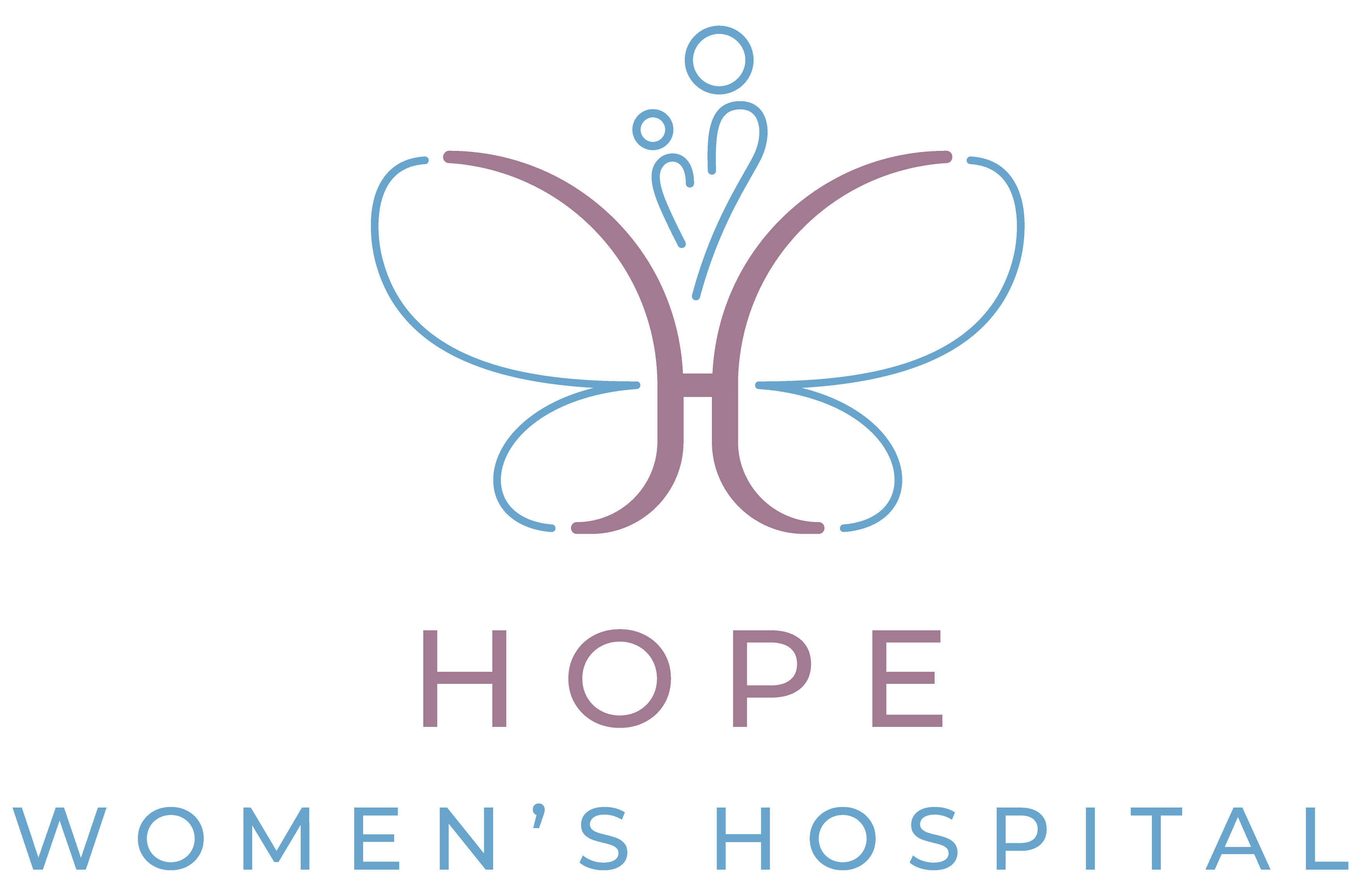Downs Screening
- 𝗛𝗼𝗽𝗲 𝗪𝗼𝗺𝗲𝗻'𝘀 𝗛𝗼𝘀𝗽𝗶𝘁𝗮𝗹
- Downs Screening

MON-SAT 8:00-9:00
+9199099 01123

Down Syndrome Screening at HOPE Women’s Hospital
Down syndrome screening is a prenatal test used to assess the risk of having a baby with Down syndrome, a genetic condition characterized by intellectual disability and certain physical features. The screening involves a combination of maternal age assessment, ultrasound measurements, and blood tests to estimate the likelihood of Down syndrome in the fetus. At HOPE Women’s Hospital, we offer comprehensive Down syndrome screening services to provide expectant parents with information about their baby’s health and help them make informed decisions during pregnancy.Understanding Down Syndrome
Down syndrome, also known as trisomy 21, is a genetic condition caused by the presence of an extra copy of chromosome 21. It is one of the most common genetic disorders, affecting approximately 1 in 700 births worldwide. Individuals with Down syndrome may have:
- Intellectual Disability: Mild to moderate cognitive impairment affecting learning, language development, and social skills.
- Physical Features: Certain facial characteristics such as a flat facial profile, almond-shaped eyes, small ears, and a protruding tongue.
- Health Issues: Increased risk of congenital heart defects, gastrointestinal problems, hearing loss, vision problems, and other medical conditions.
- Developmental Delays: Delayed motor skills, speech and language development, and adaptive functioning compared to typically developing individuals.
- Lifespan and Quality of Life: Improved healthcare and support services have increased life expectancy and quality of life for individuals with Down syndrome.
Types of Down Syndrome Screening
- There are two main types of Down syndrome screening tests:
- First-Trimester Screening: This includes a combination of ultrasound measurement of fetal nuchal translucency (fluid at the back of the baby’s neck) and maternal blood tests (serum markers) such as pregnancy-associated plasma protein-A (PAPP-A) and human chorionic gonadotropin (hCG). The results are used to calculate the risk of Down syndrome.
- Second-Trimester Screening: Also known as the quad screen or quadruple test, this involves maternal blood tests (serum markers) to measure levels of alpha-fetoprotein (AFP), hCG, unconjugated estriol (uE3), and inhibin A. These markers, along with maternal age, are used to estimate the risk of Down syndrome and other chromosomal abnormalities.
Indications for Down Syndrome Screening
- Down syndrome screening may be recommended for pregnant individuals based on:
- Maternal Age: Advanced maternal age (35 years or older) is associated with an increased risk of having a baby with Down syndrome.
- Previous Pregnancy History: Individuals with a history of chromosomal abnormalities or pregnancies affected by Down syndrome may be offered screening.
- Family History: In some cases, a family history of genetic conditions or chromosomal abnormalities may warrant Down syndrome screening.
- Abnormal Ultrasound Findings: Certain ultrasound findings, such as increased nuchal translucency or structural abnormalities, may prompt further screening for Down syndrome.
Benefits of Down Syndrome Screening
The Down Syndrome Screening Process
Interpreting Down Syndrome Screening Results
Low Risk: A low-risk screening result indicates a low probability of having a baby with Down syndrome. Further diagnostic testing may not be necessary for low-risk pregnancies.
Intermediate Risk: An intermediate-risk result suggests a moderate probability of Down syndrome. Healthcare providers may offer additional testing or discuss options based on individual circumstances.
High Risk: A high-risk screening result indicates an increased probability of having a baby with Down syndrome. Further diagnostic testing, such as amniocentesis or chorionic villus sampling, is recommended for confirmation.
Genetic Counselling and Support
At HOPE Women's Hospital, we offer genetic counselling and support services for individuals and families undergoing Down syndrome screening. Our genetic counsellors provide:
Pre-Test Counselling: Information, education, and counselling before Down syndrome screening to help individuals understand the purpose, process, and potential outcomes.
Post-Test Counselling: Interpretation of screening results, discussion of options for further testing, emotional support, and guidance for decision-making.
Resource Referrals: Referrals to community resources, support groups, advocacy organizations, and healthcare specialists for additional support and information.
Family-Centered Care: Compassionate, family-centered care to address the unique needs, concerns, and preferences of expectant parents and families.

GET APPOINTMENT
Schedule Your Consultation
APPOINTMENT
If you are pregnant and considering Down syndrome screening, schedule a consultation with our healthcare team at HOPE Women's Hospital. Our experienced providers and genetic counsellors are dedicated to supporting you throughout the screening process, providing personalized care, and helping you make informed decisions about your pregnancy and baby's health.

